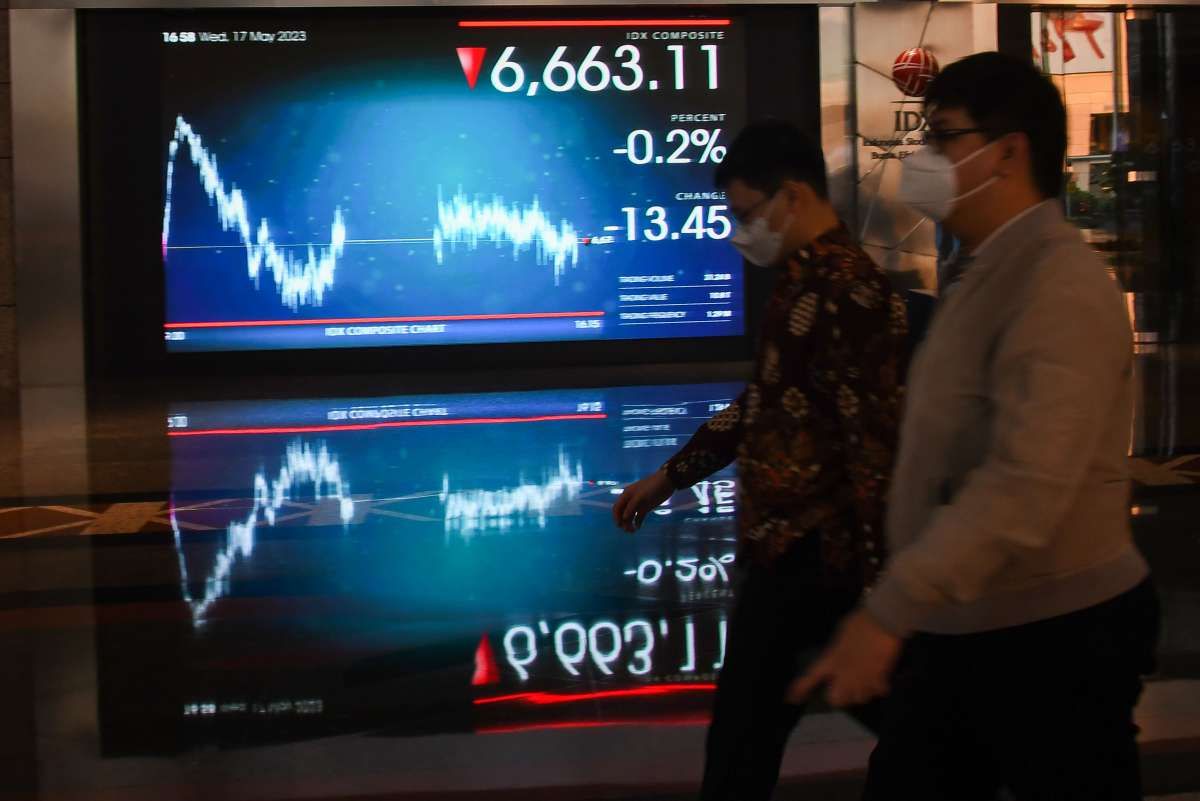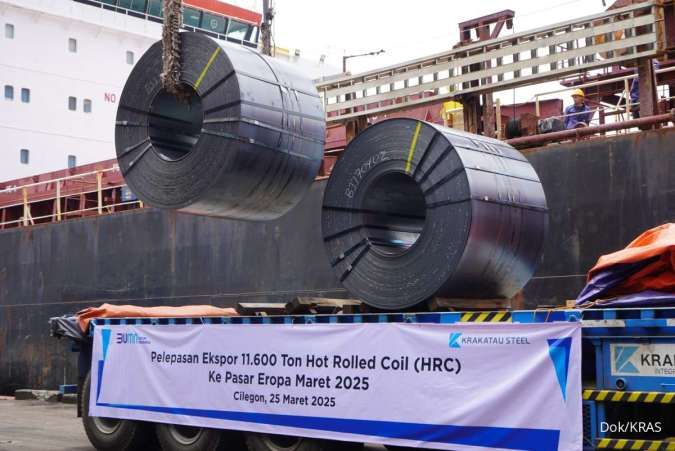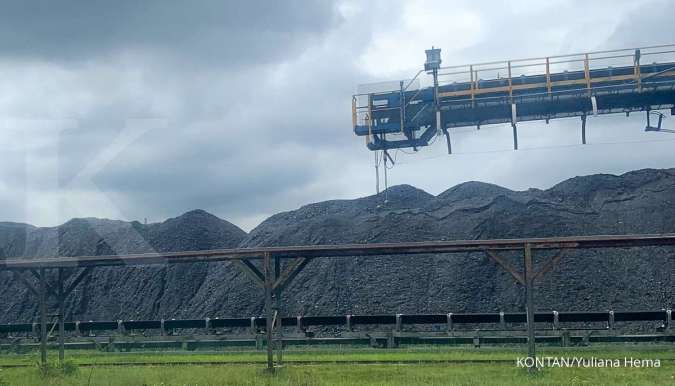Commodity Prices Plummet; JCI Takes a Hit

KONTAN.CO.ID - JAKARTA. 2023 is not the best time for commodity issuers. This is because commodity prices in the global market continue to slope. For example, the price of crude palm oil (CPO).
On Friday (23/6), the price of CPO on the Malaysia Exchange for delivery in September 2023, was at MYR 3,620 per ton, or 1.63% higher compared to the previous day.
However, if calculated in a week, CPO prices have fallen 3.29%. In fact, at the beginning of this year, CPO prices were still MYR 4,083 per ton. If calculated since the beginning of 2023, CPO prices have fallen 11.33%.
Not only CPO, but last Friday, the price of coal for delivery in August 2023 touched the level of US$ 140.85 per ton, up 3.83% compared to the previous day. However, compared to the beginning of 2023, when coal prices were US$ 286.50 per ton, they have fallen 51.04%.
Baca Juga: Eastern Libya Administration Threatens Oil Blockade
Mirae Asset Sekuritas Indonesia analyst Rizkia Darmawan believes that the decline in coal prices was triggered by sluggish demand in the global market. China's economic recovery, which is slower than expected, affects energy consumption needs, which has an impact on coal prices.
The downward trend in the price of a number of commodities inevitably dragged down the composite stock price index (JCI). The stock index closed last week with a 0.19% decline to 6,639.73. When accumulated since the beginning of 2023, the JCI has lost 3.08%.
Stock market observer Teguh Hidayat did not deny that one of the burdensome steps of the JCI was the weakening of commodity-based stocks. Indeed, retrieved from Bloomberg data, the shares of commodity-related issuers contributed 17.35% to the JCI.
Energy stocks
A total of 29 shares of coal issuers have the largest weight in the JCI, which is 8.06%. As of Friday last week, the energy stock index became the sectoral index with the highest decline in the current year, which is 21.4%.
Teguh observed that the shares of energy issuers that experienced price declines and had a large weight in the JCI included, among others, PT Bayan Energy Tbk (BYAN). At the closing of the stock exchange last weekend, BYAN shares edged up 1.15% to Rp 15,400.
However, the increase in BYAN's share price is not reasonable. Moreover, since the beginning of this year, BYAN shares have corrected 26.67%. There is potential for BYAN shares to continue to decline. "If BYAN's share price continues to fall, JCI can continue to weaken," said Teguh on Sunday (6/25).
Luckily, the prices of banking stocks with large market floats such as BBRI and BBCA are still skyrocketing, so they are able to withstand the weakening of the JCI. "If big-cap bank stocks do not rise, the JCI can fall deeper," said Teguh.
Baca Juga: Asia Stocks Slide as Growth Outlook Darkens
Seeing these dynamics, Rizkia estimates that the average Newcastle coal price in 2023 will still be in the range of US$175 per ton. This projection figure assumes that China's economy has not grown relatively in the third quarter of 2023.
Teguh also assessed that the opportunity for commodity prices to rise is quite difficult. This is the era of high interest rates, which reflect the low inflation rate and make commodity prices fall.
Teguh estimates that commodity-based stocks will still decline. Along with that, JCI will still be depressed. "This year is a bit tough. JCI reaching the 7,000 level is good," he said.
Meanwhile, Samuel Sekuritas Indonesia's head of research, Prasetya Gunadi, maintains the JCI target at 7,600 until the end of 2023. He believes that the banking, telecommunications, and consumer staples sectors will be the main drivers of JCI's profit growth in 2023.











